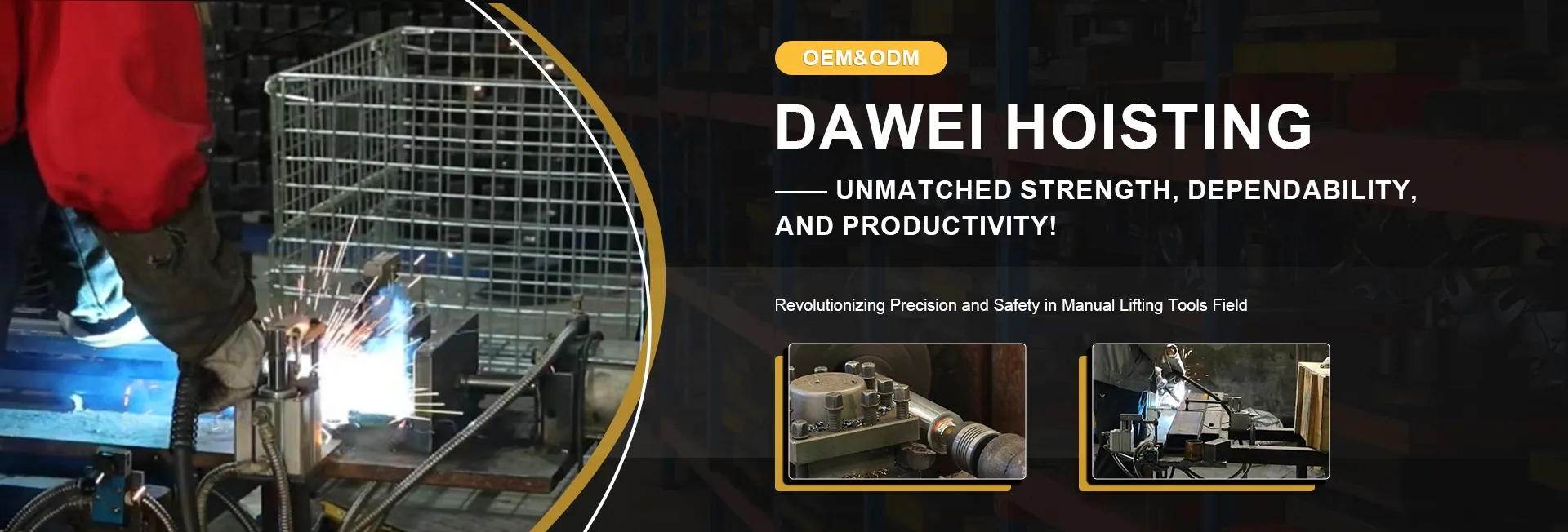Modern Advances in Gantry Crane Technology for Efficient Heavy Lifting Solutions
The Evolution and Importance of Gantry Cranes in Modern Industry
Gantry cranes have become indispensable in various industries due to their versatility, efficiency, and ability to handle heavy loads. These overhead lifting machines are characterized by their support structure, which typically consists of two or more legs mounted on wheels or rails, allowing them to move along a path. Primarily used in shipyards, construction sites, and warehouses, gantry cranes play a crucial role in improving operational productivity and safety.
Historical Overview
The concept of cranes dates back to ancient civilizations, where simple machines were used to lift heavy stones for the construction of monumental structures. However, the modern gantry crane emerged in the 20th century alongside industrial advancements. Early models were constructed from timber and then transitioned to metal frameworks, enhancing their strength and structural integrity. Over time, technological advancements have led to the development of electric hoists and automated systems, bolstering the capabilities of gantry cranes.
Design and Functionality
Gantry cranes are designed to operate in various environments, with configurations that can be adapted to specific needs. They can be made from materials like steel or aluminum, depending on the required strength and weight considerations. The design typically includes a horizontal beam, referred to as the gantry, supported by vertical legs. The wheels or rails enable mobility, allowing the crane to traverse a designated area to pick up, move, and place heavy loads.
One of the key advantages of gantry cranes is their high lifting capacity. Depending on the model, they can handle loads ranging from a few tons to several hundred tons. This makes them ideal for industries such as manufacturing, shipping, and construction, where heavy materials need to be lifted and transported efficiently.
Types and Applications
There are various types of gantry cranes, each suited for specific applications. Some of the most common include
gantry crane

1. Full Gantry Cranes These cranes have two legs and a overhead beam, allowing for stable and efficient lifting. They're often used in shipbuilding and large-scale construction projects.
2. Semi-Gantry Cranes These feature one leg that runs on a rail, while the other is fixed. This design is suitable for areas with space constraints and is commonly used in warehouses.
3. Portable Gantry Cranes Lightweight and easy to assemble, these cranes can be moved to different locations within a site, making them ideal for small projects or within workshops.
The applications of gantry cranes are extensive. In the shipping industry, they facilitate the loading and unloading of containers, streamlining operations and reducing turnaround times for vessels. In manufacturing, they are essential for moving heavy components between production stages, supporting assembly lines, and enabling efficient workflow. Additionally, gantry cranes are utilized in construction sites for hoisting materials, offering workers greater safety compared to manual lifting.
Safety Considerations
While gantry cranes provide significant advantages in terms of efficiency and productivity, safety remains a paramount concern. Operators must undergo rigorous training to learn proper techniques and safety protocols. Regular inspections and maintenance are crucial to ensure the integrity and functionality of the cranes. Adhering to load limits, employing proper rigging practices, and maintaining clear communication among team members are vital practices that help minimize the risk of accidents.
Conclusion
In summary, gantry cranes represent a blend of engineering innovation and practical utility, playing a critical role in various sectors. Their evolution from simple lifting tools to advanced mechanized systems reflects the demands of modern industry for greater efficiency and safety. As industries continue to grow and evolve, gantry cranes will undoubtedly remain a cornerstone of heavy lifting and material handling solutions, adapting to meet the challenges of the future.
-
Unlock Seamless Relocation with Our Heavy Equipment Moving ExpertiseNewsJun.06,2025
-
Unleash Unrivaled Flexibility with Our Adjustable Gantry CraneNewsJun.06,2025
-
Unleash Heavy-Duty Efficiency with Our Industrial Gantry Crane SolutionsNewsJun.06,2025
-
Revolutionize Steel Handling with Our Magnetic Lifter RangeNewsJun.06,2025
-
Master Equipment Mobility with Premium Machinery Mover SolutionsNewsJun.06,2025
-
Elevate Your Material Handling with Magnetic Lifter TechnologyNewsJun.06,2025
-
YS Permanent Lifting Magnets: The Smarter Way to Handle SteelNewsMay.22,2025
